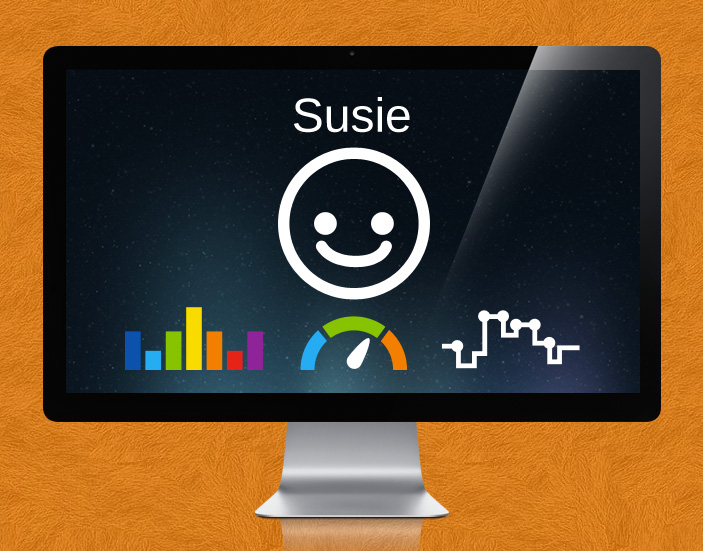Prevention is the new focal point of modern health care. But while doctors worldwide are doing a better job of stopping diseases like HIV/AIDS before they take root in our bodies, they’ve been slower to bring such care to mental health.
Mevoked aims to change that.
The San Francisco-based startup tracks children’s online activity and delivers regular wellness reports to parents. It’s not about restricting access to the web or social media — plenty of other parental control tools are available for that — but rather providing insight into children’s state of mind, helping parents spot risky behavior that might otherwise remain hidden.
“Mental health is one of the most neglected areas of health care, and especially youth mental health, [which] is extremely neglected,” said Arun Ravi, the founder and CEO of Mevoked, in a conversation with VentureBeat. “We’re trying to use big data for actual insight.”
Ravi thinks it’s good parenting; others might call it snooping. But how much can a Chrome extension tell you about your kid, anyway?
Quite a lot, asserts Ravi.
“We can look at early indicators of depression, obsession with violence, [and] risk of suicide based on online activity,” he said. “We’re trying to intervene before that happens and empower parents to act.”
A tragic inspiration
When Ravi was 13, one of his close friends committed suicide.
“I remember his parents saying, ‘I wish we knew. I wish we knew,'” said Ravi. “If we can reduce teen suicide by 5 percent, it’s worth it — because right now, everything people are throwing at it is not really working.”

Above: Mevoked provides parents with regular updates on their children’s online well-being.
Mevoked, which plans to release apps for Twitter, Facebook, and mobile devices in the next few months, isn’t too focused on the individual pieces of content children are looking at or posting about — the company is more interested in usage patterns. Are kids using the web instead of sleeping? Are their online interactions overwhelmingly negative? Has their social media activity dropped off? Is there a string of worrisome Google searches? If so, Mevoked will alert you.
Mevoked is much more focused on what your kids are doing than what they’re seeing. Passive behavior, like browsing websites, receives much lower weight than search and social media data, which is much more intent-driven.
It has a machine-learning aspect, too. Much like Netflix comes to know your taste in movies as you use the service, Mevoked will develop a better understanding of each kid as it gathers vast stores of data on everything they do online. Parents can actively contribute to that process, flagging content that seems inaccurate or irrelevant in a Mevoked report.
“Once we develop a normal level, it’s easy to see what’s up or down,” said Ravi.
One potentially problematic assumption is that kids will put up with Mevoked without a fight. While some younger children might not even realize what Mevoked is or how to turn it off, it’s difficult to envision most teens being thrilled with it. (This reporter remembers when, more than a decade ago, his well-intentioned mother attempted to stop him from playing Diablo II late at night with a parental control program called Net Nanny — which, at least at the time, wasn’t difficult to bypass. Many digital demons faced their deaths just before dawn.)
Pablo Ferrer, a staff psychologist at the Children’s Health Council in Palo Alto and a Mevoked adviser, thinks it’s essential that parents include their kids as part of the discussion when they’re setting up Mevoked. If your child isn’t comfortable sharing a certain type of information, consider not collecting it, he suggested. (These fine-grained content management tools aren’t available now, but Mevoked is working on them.)
“Building as much flexibility into the tool as possible is going to be absolutely essential to the long-term vision,” Ferrer told VentureBeat. “Have some limits, definitely, but you need to give your kids some space, because the more power that we can give kids in this process, the less likely they are to get around it.”
Parents might have a slightly easier time getting their kids onboard if they agree to track themselves, too. Hey, Johnny, we’re tracking your every move online is a harder sell than This is something the whole family is going to do together.
“We are building a reward ecosystem around this for the family for their openness because talking about ‘issues’ goes a long way in creating an environment that can benefit the child,” Ravi said.

